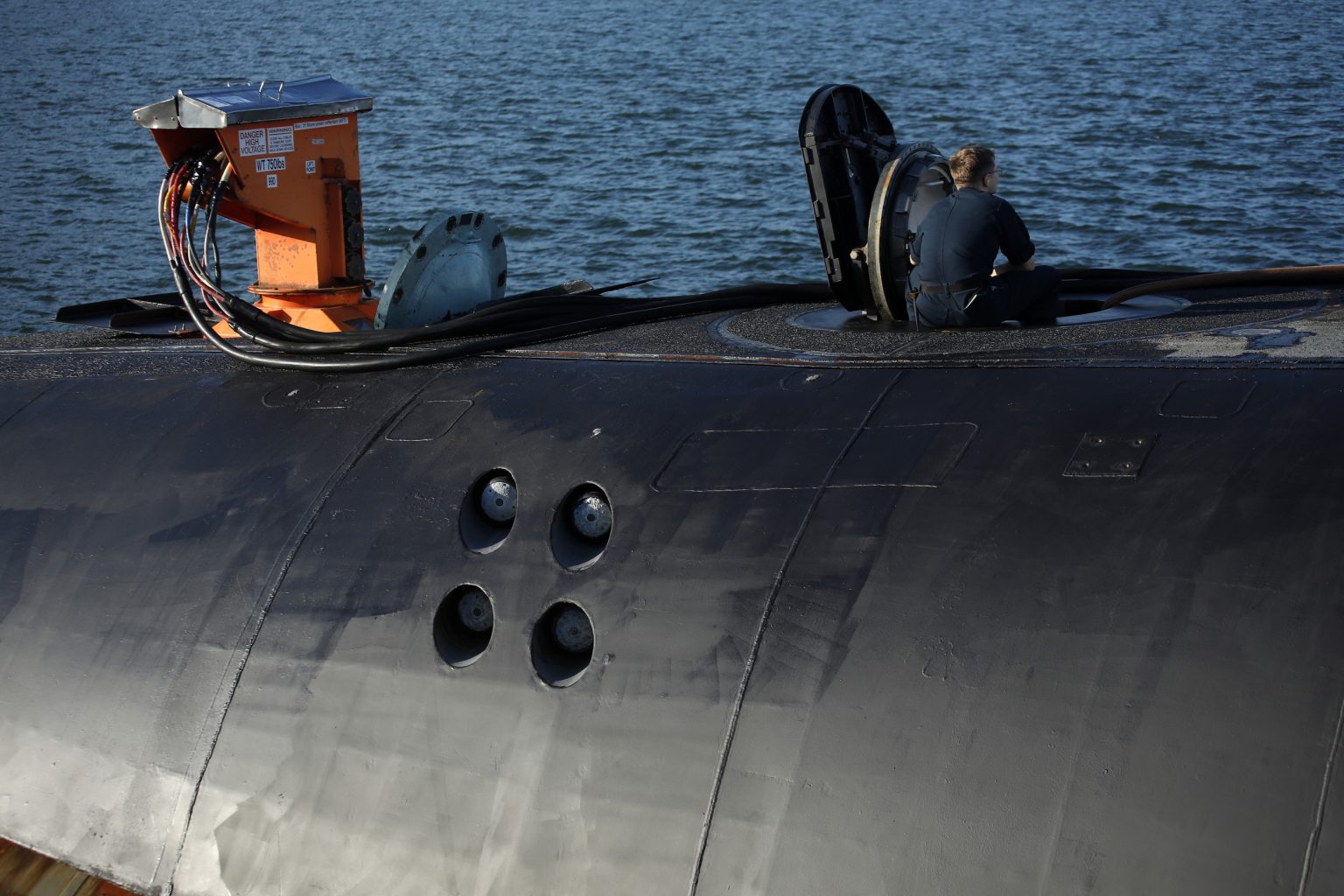Deputy Secretary of State Kurt Campbell of the U.S. Department of State discussed the AUKUS submarine project, which involves the United States, Australia, and Britain developing a fleet of nuclear-powered attack submarines. Campbell suggested that the new submarine capabilities could strengthen deterrence against Chinese attacks, particularly in the strait that separates China and Taiwan. He emphasized that working closely with other nations on defense avenues can have significant implications for peace and stability in the region. While officials from the three countries have been cautious about publicly linking the submarine project to tensions between China and Taiwan, Campbell’s comments provide rare insight into the potential implications.
When the trilateral security partnership between the U.S., Britain, and Australia was announced in 2021, China responded with heavy criticism. China’s Foreign Ministry spokesperson Zhao Lijian accused AUKUS of undermining regional peace and stability, intensifying the arms race, and targeting Beijing and its growing military capabilities. Despite this backlash, Biden administration officials emphasized that the partnership was not aimed at any specific country. President Joe Biden praised the pact as a historic step to formalize the alliance and ensure peace and stability in the Indo-Pacific over the long term. China considers Taiwan as part of its territory and has expressed its intention to unite it with the mainland, using force if necessary.
Tensions between China and Taiwan have recently escalated, with Kinmen, an archipelago administered by Taiwan as an outlying county, becoming a focal point of renewed cross-strait tensions. China views Kinmen from near its port city of Xiamen, and the area has a history of conflict, particularly during the Cold War. In February, a Chinese fishing boat intruded into Taiwanese-claimed waters near Kinmen, resulting in fatalities when it overturned while fleeing the Taiwanese coast guard. Beijing condemned the incident and accused Taiwan of harsh treatment of its citizens. Following this incident, China deployed its coast guard to the area, further escalating tensions in the region.
The Chinese government’s stance on Taiwan is clear, with the Chinese Communist Party asserting that Taiwan is a part of China and rejecting any claims to the contrary. Taiwan, on the other hand, maintains its sovereignty as a democratically elected government and rejects China’s claims over the island. Recent actions and statements from both Beijing and Taipei reflect the ongoing discord and potential for conflict in the region. The AUKUS submarine project adds another layer of complexity to the already tense situation, as it could have significant implications for deterrence and security in the Indo-Pacific.
In light of these developments, Deputy Secretary of State Kurt Campbell’s remarks regarding the AUKUS submarine project take on added significance. By suggesting that the new submarine capabilities could strengthen deterrence and peace and stability, particularly in the context of growing tensions between China and Taiwan, Campbell highlights the potential strategic implications of the partnership. As the region grapples with increased militarization and territorial disputes, the role of alliances and defense cooperation becomes even more crucial in maintaining stability and preventing conflict. The comments from U.S. officials and the ongoing tensions between China and Taiwan underscore the complex dynamics at play in the Indo-Pacific region and the importance of diplomatic and defense efforts to address them.


